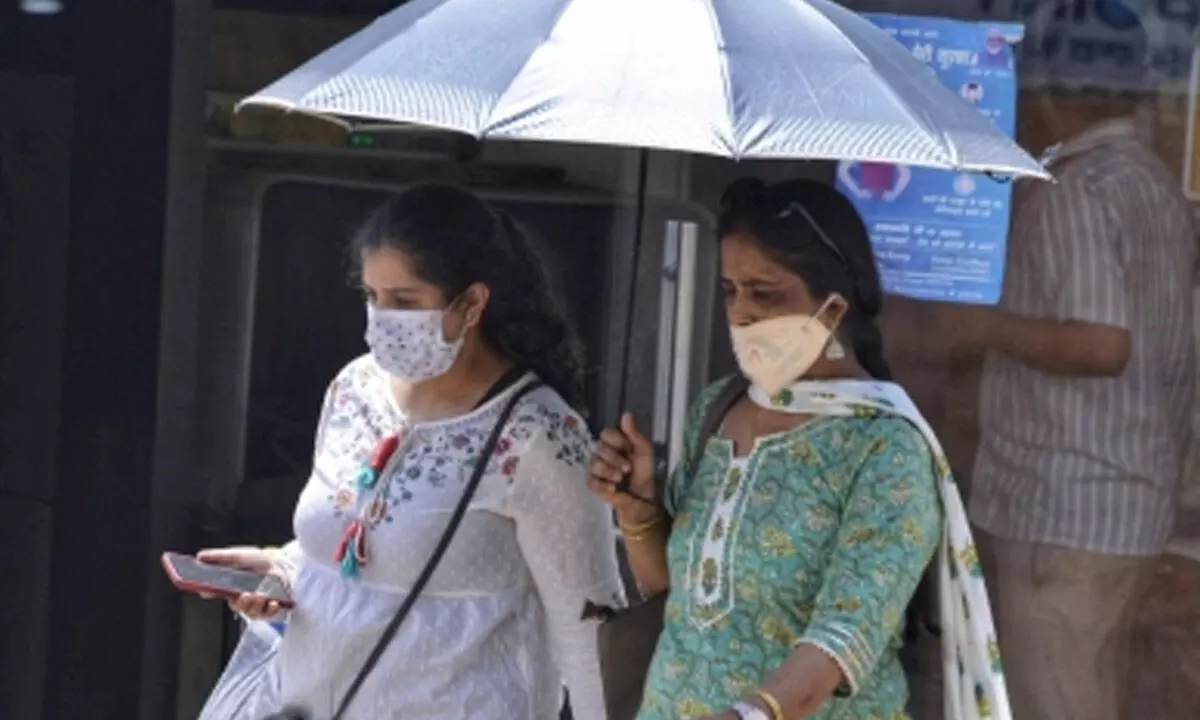Deadly 2023 heatwave to become the norm in coming years: Study

Heatwaves like the one we saw in 2003 could become the new norm in the coming years, as the risk of heatwaves with high excess mortality increase dramatically over the past 20 years, according to a new study in the journal Nature Communications.
New Delhi: Heatwaves like the one we saw in 2003 could become the new norm in the coming years, as the risk of heatwaves with high excess mortality increase dramatically over the past 20 years, according to a new study in the journal Nature Communications.
The 2003 heatwave, which saw temperatures in Europe reach 47.5 degrees Celsius, was one of the worst natural disasters of recent decades, claiming an estimated 45,000 to 70,000 victims in the space of a few weeks.
Forests burned, crops withered in the fields and emergency wards in the cities were full to capacity. Globally, costs totalled around $13 billion.
"The excess mortality of a hot summer like 2003 used to be considered an extreme, once-in-a-century event. We now expect it to occur once every 10 to 20 years," says Samuel Luthi, lead author of the study from researchers from the Institute for Environmental Decisions at ETH Zurich, Switzerland.
"Or, in a world that is 2 degrees warmer, every two to five years in many places," Luthi added.
Heat mortality figures that were considered highly improbable in 2000 (once every 500 years), will occur 14 times every 100 years in a 2-degree scenario.
Assuming no adaptation to the heat, the probability of mortality during such extreme heat waves will increase by a factor of 69, said the study.
The team has been systematically collecting data on daily heat-related excess mortality for 748 cities and communities in 47 countries in Europe, Southeast Asia, Latin America, the US and Canada since 2013.
The researchers calculated how excess mortality would develop with an average global temperature increase of 0.7 degree (the value in 2000), 1.2 degree (the value in 2020), 1.5 and 2 degrees.
The results show that the risk of heatwaves with high excess mortality has already increased dramatically over the past 20 years.
Regions that are particularly at risk of escalating heatwaves include the Gulf and Atlantic coasts of the US, the Pacific coast of Latin America, the Middle East, Southeast Asia and the Mediterranean region.
Even in moderate climate scenarios, a hot summer in these regions can result in 10 per cent of all deaths in a country being heat-related, the study warned.
"The study assumes that the global average temperature is on track to increase by a maximum of 1.5 to 2 degrees Celsius, but with greenhouse gas emissions at their current levels, the more likely figure is 2.6 degrees," the authors wrote, saying the results underline the urgency for action.














